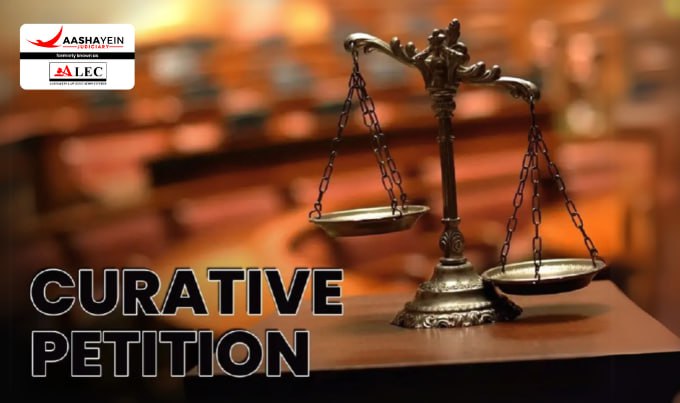DR. HARISH KUMAR KHURANA
vs.
JOGINDER SINGH AND ORS. 2021
Medical Negligence is basically the combination of two words i.e. medical and negligence. Negligence means absence of due care and caution; when the medical practitioner fails to exercise due care and caution it is called medical negligence. Medical negligence is primarily an offence under Consumer Protection Act and Indian Penal Code.
Under the Consumer Protection Act, the doctor is considered as the expert in his field and patients are his consumers; if he fails to comply due care towards them, it is considered as breach of duty and hence civil liability is imposed upon the doctors.
Under the Indian Penal Code, the negligence is of such a grave nature that it leads to death of a person. When, the negligence exercised by the medical practitioner is of such a grave nature that it causes death of the patient then the criminal liability is imposed upon such doctor under Section 304-A of IPC.
The present case is an appeal regarding the medical negligence under Consumer Protection Act i.e. the civil appeal.
BENCH:
Justices Hemant Gupta and Justice AS Bopanna
FACTS:
The present case is an appeal from National Consumer Dispute Redressal Commission. In this case, the appellant was held liable for medical negligence by NCDRC and fine of 17lakhs with 9% interest p.a. from the date of institution of case was imposed.
The facts of the case are that the respondent's wife Mrs. Jasbeer Kaur was admitted to the hospital for surgery of right kidney on complaint of stone. The appellant conducted certain tests wherein it was found that the right kidney was completely damaged and left kidney also had the stone. On the basis of result of the tests, appellant suggested that firstly, surgery on left kidney should be performed to reinstate it in functioning state and thereafter, surgery on right kidney should be performed. The appellant informed the respondent about the high-risk of the procedure and also took the consent of respondent and his wife i.e. the patient.
The surgery on left kidney was performed which was successful. Thereafter, further tests were conducted and it was found that the patient was fit for the second surgery. During the performance of second surgery, the patient's health deteriorated and she suffered the cardiac arrest; she was moved to the ventilator but later, she passed away.
The respondent filed the case of medical negligence by alleging that patient was not fit for the second surgery and also the consent for second surgery was not taken by the appellant.
The appellant contended that all the advice has been giving as per the medical standards and procedure which is being followed in normal medical parlance.
You can also read the Blog by visiting [Blog]
For more information, visit [Aashayein Enquiry Section]
ISSUES:
Ø Whether there was medical negligence on part of the appellant?
Ø Whether the death of patient during surgery assumed to be medical negligence?
JUDGMENT:
The Supreme Court in the present case held that merely the treatment was unsuccessful or the patient dies during the surgery cannot be presumed to be the medical negligence on part of the doctors.
ANALYSIS:
Negligence means absence of due care and caution. It is a very subjective terminology and varies from fact to fact. In the cases of medical negligence the principle of res ipsa loquitor has been followed. The meaning of this latin maxim means that "things speak for itself" i.e. the occurrence of some accident assumes negligence. The Apex Court of India interpreted this maxim and designed a test for its application. The Supreme Court held that the doctrine of res ipsa loquitor can be applied when the negligence alleged is so glaring and not based on the perception.
It further said that, regards to the present case that the material evidences on record showcases that the advice by the appellant is in the course of medical practice and the best possible recourse has been adopted. The Court said that merely consent was not obtained explicitly separately for second surgery cannot be presumed to be medical negligence; moreover, when the consent for first surgery was obtained and also the modus operandi was discussed with the patient and the respondent, the consent for second surgery was implied. The first surgery was merely the prerequisite for the main surgery i.e. the second one.
Regarding, medical negligence the court properly held that despite following due medical procedure, if the patient dies or treatment rendered found to be unsuccessful, medical negligence cannot be presumed because the treatment is basically the methods followed with due caution to cure the patient but it is subjective from person to person.
Therefore, in the present case medical negligence was not attributed upon the appellant.

